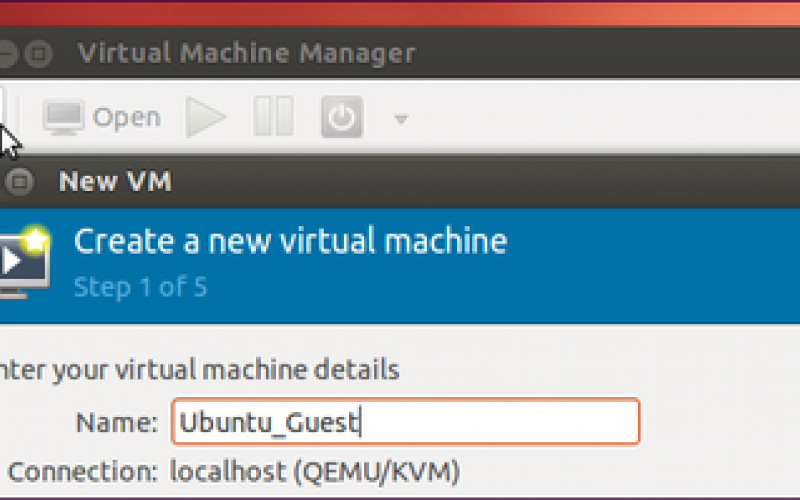Guide To Virtualization Hypervisors
IT organizations are using multiple hypervisors, so understanding the specifics of the big players like Hyper-V and vSphere ESXi will help your virtual environment perform at its best.
February 9, 2015

Already have an account?
Virtualization is at the core of many of today's enterprise IT environments -- with at least 70% of x86 server workloads virtualized, according to Gartner -- so the hypervisor plays an important role. And while most hypervisors look similar at first glance, the details can make a significant difference. Learning where and when each hypervisor is the best choice can provide your organization with increased efficiency and cost savings.
If you're new to virtualization, a hypervisor is a program that allows multiple operating systems to share a single hardware host in a way that each operating system appears to have the host's processor, memory, and other resources. The hypervisor does this by creating and running multiple virtual machines.
There are two main types of hypervisors. Type 1 hypervisors run directly on the host's hardware to control the hardware and to manage virtual machines. These are often referred to as "native" or "bare-metal" because they require no other underlying operating system. Type 1 examples include VMware vSphere ESXi hypervisor, Citrix XenServer, and the open source KVM (Kernel-based Virtual Machine).
Type 2 hypervisors are hosted, which means they must run inside an operating system that, in turn, is running on the physical hardware. Type 2 hypervisor examples include VMWare Workstation and Oracle VM VirtualBox.
Our researchers compared the features of the top hypervisors in the market, which all happen to be Type 1: Microsoft's Hyper-V hypervisor, VMware's vSphere ESXi hypervisor, and KVM. Hyper-V and vSphere have the highest deployment rates, and KVM has several large backers and a great deal of support from the open source community.
Browse through the slides to see all the technical details, and tell us your thoughts in the comments.
About the Author
You May Also Like


